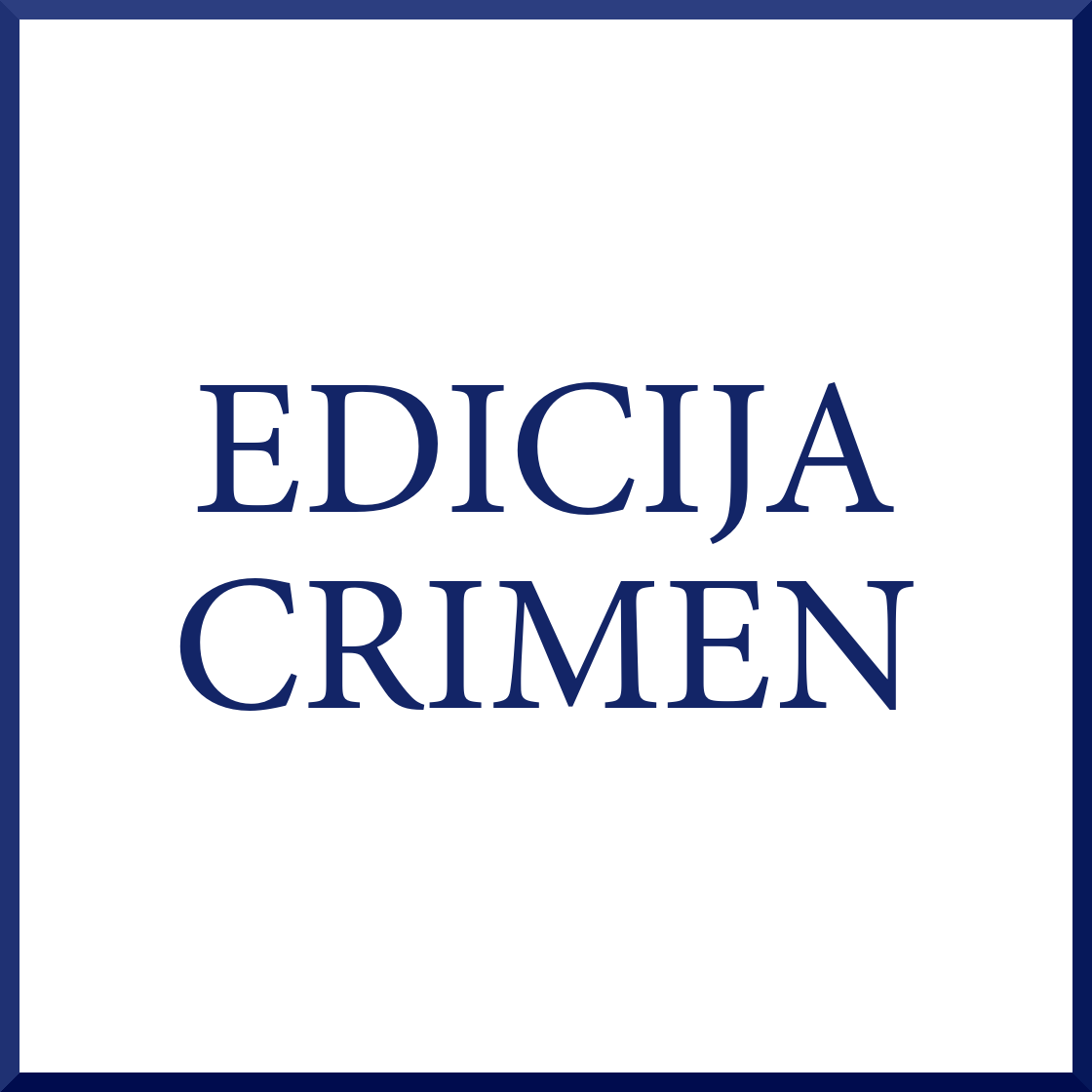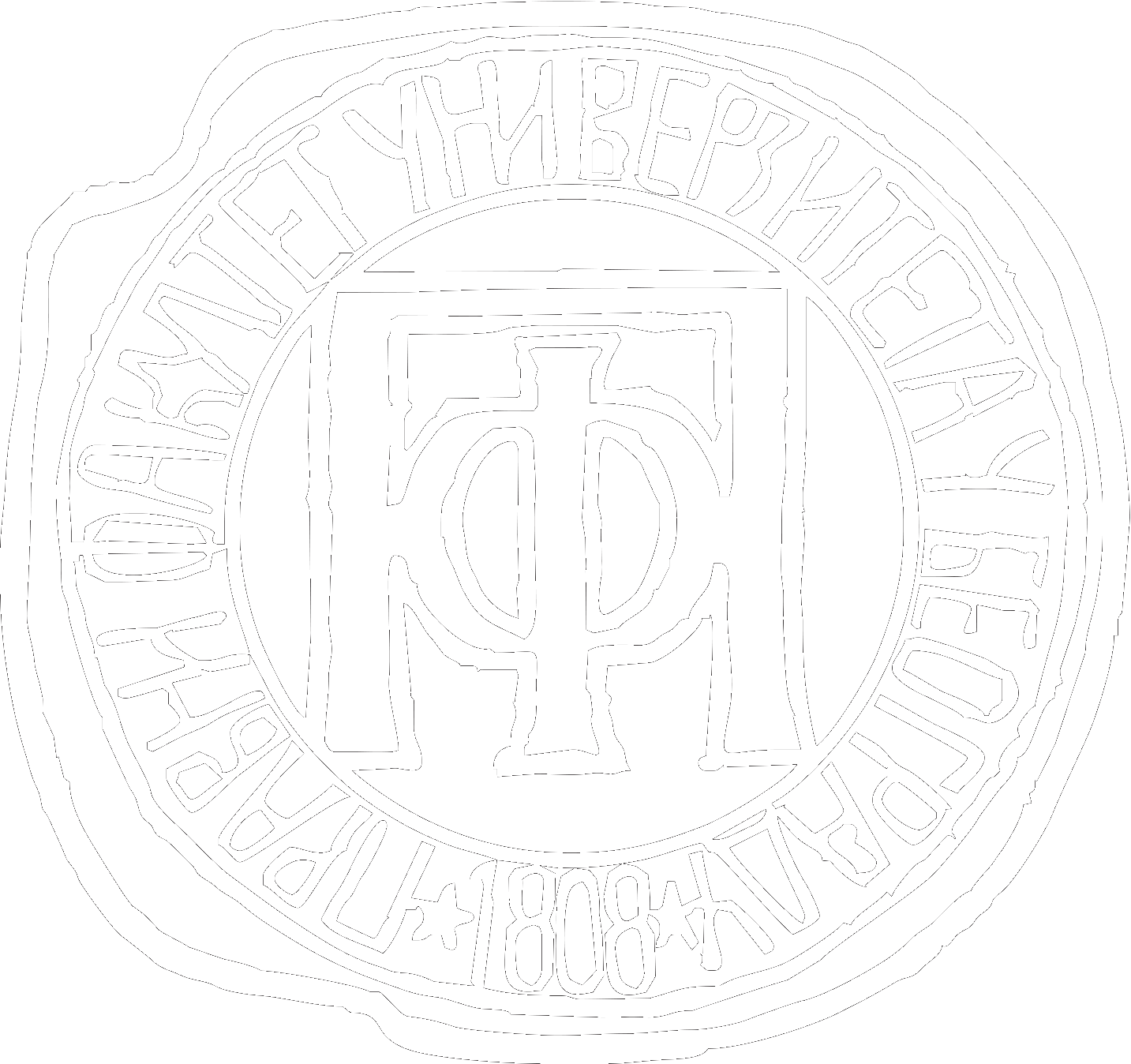Right to a reasoned court decision
Keywords:
reasoning; court decision; right to a fair trial; grave violation of criminal procedure rules; facts; court practiceAbstract
In addition to expressly stipulated guarantees of fair proceedings, the right to a fair trial also contains implicit guarantees which were developed through the practice of the European Court of Human Rights. Guided by the idea of the rule of law which has a specific meaning in the field of procedural law, the Court in Strasbourg set forth as an integral part of the right to a fair trial also the right to a reasoned court decision. The paper first points to the theoretical justification of this right, and proceeds to analyzing its existence in comparative law. Standards relating to the right to a reasoned decision developed through case-law of the European Court of Human Rights are presented in detail, covering also positions taken by Strasbourg institutions regarding decisions rendered by juries and the fact that they do not contain reasoning. The paper then proceeds to analyze provisions of the 2001 Criminal Procedure Code which pertain to shortcomings in the reasoning of a judgment as a basis for lodging an appeal. In relation to that, the paper analyses domestic case-law in the period from 1994 to 1998 and points to the fact that shortcomings in the reasoning has been the basis relied on most frequently by the appellate court when annulling the first instance judgment. A critique of theoretical positions and court practice whereby certain shortcomings in the reasoning in essence represent a basis for review of factual accuracy of a judgment is also provided. A review of solutions contained in the 2011 Criminal Procedure Code and changes to the rules regarding shortcomings of the reasoning as a basis for lodging an appeal is also provided. The paper also analyses new legislative solutions which provide a possibility for a judgment not to contain reasoning, under specific circumstances, or for it to be partial. Lastly, but in no way of less significance, the paper also considers jurisprudence of the Constitutional Court of Serbia and positions it has taken regarding the right to a reasoned decision.
Downloads
References
Béliveau, P., & Vauclair, M. /2000/: Traité général de preuve et de procédure pénales, 7e édition, Les Éditions Thémis, Faculté de droit Université de Montréal, Montréal.
Clément, G. /1990/: "L’appel voie de nullité en procédure pénale." Revue de science criminelle et de droit pénal comparé, n° 2, Paris.
Département fédéral de justice et police Office fédéral de la justice /2001/: Rapport explicatif relatif à l’avant-projet d’un code de procédure pénale suisse, Bern.
Grubiša, M. /1987/: Krivični postupak: Postupak o pravnim lijekovima, Informator, Zagreb.
Guinchard, S., & Buisson, J. /2002/: Procédure pénale, 2e édition, Litec Groupe LexisNexis, Paris.
Guinchard, S., et al. /2007/: Droit processuel: Droit commun et droit comparé du procès équitable, 4e édition, Dalloz, Paris.
Frison, D. /2000/: Introduction au droit anglais et aux institutions britanniques, nouvelle édition entièrement refondue et mise à jour, Ellipses, Paris.
Ilić, G. /2004/: "Granice ispitivanja prvostepene krivične presude." Službeni glasnik, Beograd.
Ilić, G. P. /2011/: "Država versus kriminalitet i standardi ljudskih prava." In L. Kron & B. Knežić (Eds.), Kriminal i državna reakcija: fenomenologija, mogućnost, perspektive, Institut za kriminološka i sociološka istraživanja, Beograd.
Jakšić, A. /2006/: Evropska konvencija o ljudskim pravima: Komentar, Centar za publikacije Pravnog fakulteta u Beogradu, Biblioteka Priručnici, Beograd.
Jekić, Z. /1998/: Pogrešne sudske presude, Beograd.
Krapac, D. /2002/: Zakon o kaznenom postupku i drugi izvori hrvatskoga postupovnog prava, četvrto izmijenjeno i dopunjeno izdanje, Narodne novine, Zagreb.
Kuijer, M. /2004/: The Blindfold of Lady Justice: Judicial Independence and Impartiality in Light of the Requirements of Article 6 ECHR, E.M. Meijers Institute of Legal Studies, Leiden University, Leiden.
Manojlović-Adrić, K., & Ćetković, P. /2011/: "Ustavni sud i zaštita prava učesnika u krivičnom postupku." In Nova rešenja u krivičnom procesnom zakonodavstvu – teoretski i praktični aspekti, Srpsko udruženje za krivičnopravnu teoriju i praksu, Intermex, Beograd.
Marković, B. /1926/: Udžbenik srpskog krivičnog postupka s obzirom na projekat krivičnog postupka za Kraljevinu S.H.S., Beograd.
Pajvančić, M. /2009/: Komentar Ustava Republike Srbije, Fondacija Konrad Adenauer, Beograd.
Pavišić, B. /2008/: "Novi hrvatski Zakon o kaznenom postupku." Hrvatski ljetopis za kazneno pravo i praksu, Vol. 15, No. 2, Zagreb.
Piquerez, G. /2000/: Procédure pénale suisse: Traité théorique et pratique, Schulthess, Zürich.
Renucci, J.-F. /2002/: Droit européen des droits de l’homme, 3e édition, L.G.D.J., Paris.
Soyer, J.-C., & Salvia, M. /1999/: "Article 6." In L.-E. Pettiti, E. Decaux, & P.-H. Imbert (Eds.), La Convention européenne des droits de l’homme: Commentaire article par article, 2e édition, Economica, Paris.
Sudre, F. /1997/: La Convention européenne des droits de l’homme, 4e édition corrigée, Presses Universitaires de France, coll. "Que sais-je?", Paris.
Spencer, J. R. /1998/: La procédure pénale anglaise, coll. "Que sais-je?", Presses Universitaires de France, Paris.
Trechsel, S. (with S. J. Summers) /2005/: Human Rights in Criminal Proceedings, Academy of European Law, European University Institute, Oxford University Press, Oxford.
Vasiljević, T. /1981/: Sistem krivičnog procesnog prava SFRJ, 3rd revised and expanded edition, Savremena administracija, Beograd.
Vasiljević, T., & Grubač, M. /2003/: Komentar Zakonika o krivičnom postupku, 8th revised and expanded edition, Službeni glasnik, Beograd.
Važić, N. /2011/: "Redovni pravni lekovi u novom Zakoniku o krivičnom postupku." In Nova rešenja u krivičnom procesnom zakonodavstvu – teoretski i praktični aspekti, Srpsko udruženje za krivičnopravnu teoriju i praksu, Intermex, Beograd.

Downloads
Published
How to Cite
Issue
Section
License
Copyright (c) 2011 Goran P. Ilić

This work is licensed under a Creative Commons Attribution 4.0 International License.
The authors retain copyright and grant the journal the right of first publication, allowing others to share the work with proper attribution to the authors and acknowledgment of its original publication in this journal.










